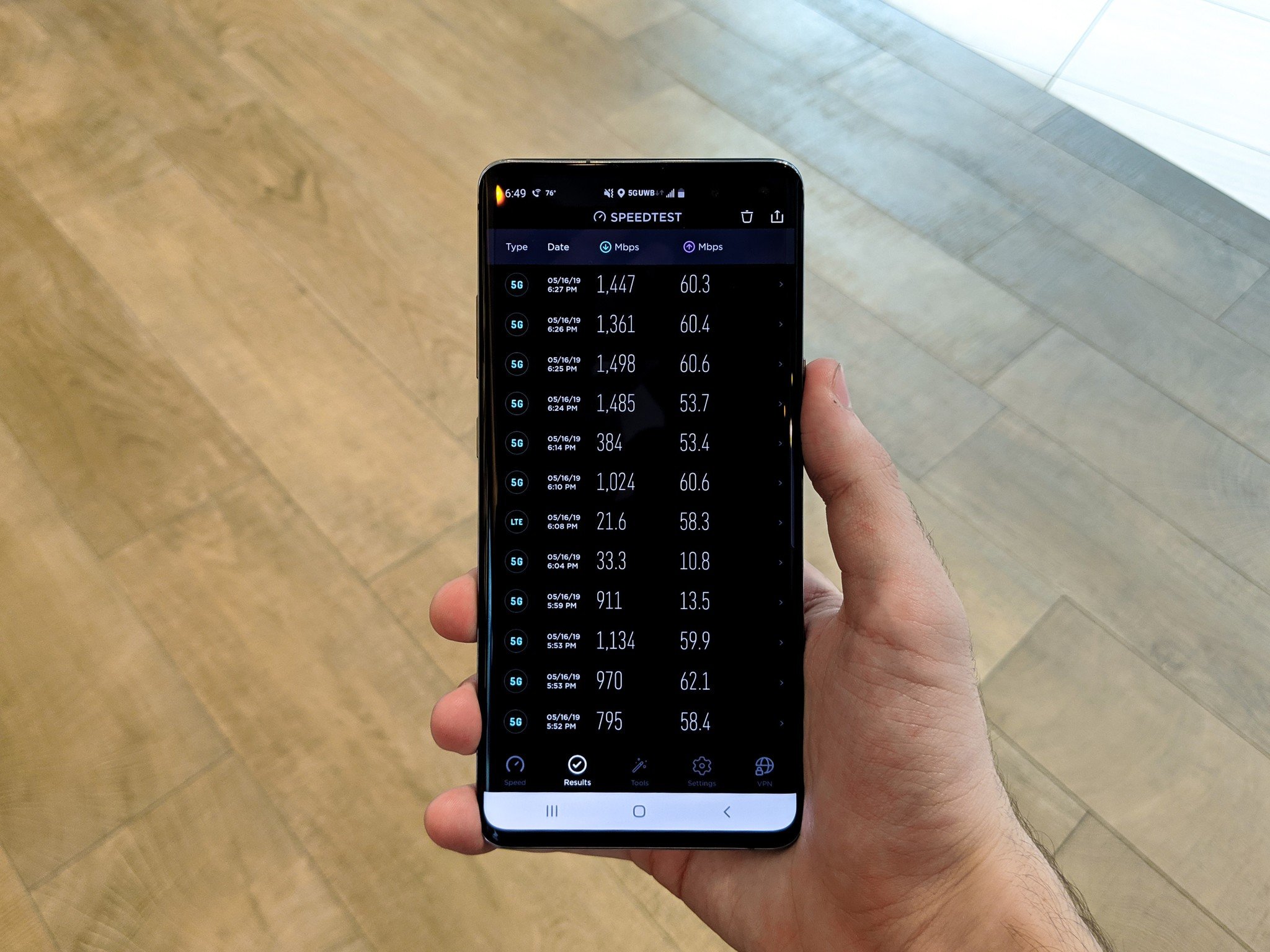It won't really matter in the long run, but right now it's near-impossible to explain what 5G is.
The build-out of consumer 5G networks is difficult from a technological and logistical standpoint. Varying network standards between carriers, coverage issues resulting from necessary infrastructure upgrades, and limited availability of 5G phones early on are all hindering the 5G rollout. But one of the biggest problems underlying it all is that "5G" isn't just one thing, and it's both confusing and difficult to explain for just about everyone.
There's no simple answer to the question of 'what is 5G?'
5G comes in a ton of different flavors. There's Sub-6, which you can deploy in low-band or high-band, and also in so-called stand alone or non-stand alone mode, and then also with or without DSS (Dynamic Spectrum Sharing). Then there's mmWave 5G, which uses ultra-high-frequencies and is considerably different in its operation because of the challenges introduced by the spectrum it operates on.
Sub-6 and mmWave each have their own advantages, but in general Sub-6 is provides wider coverage with slower speeds, while mmWave provides dramatically narrower coverage and much higher speeds. They can be deployed together, and can even technically be used concurrently for carrier aggregation, but carriers at this point are mostly focusing on building one before the other. And just like LTE, the amount of spectrum you have to deploy each kind of network on has a huge effect on speeds for the end user. This all varies wildly from region to region, country to country, and carrier to carrier.
Even that pair of paragraphs is a woefully inadequate explanation of what 5G is. So how do you break that down even further to explain it to someone accurately yet briefly, particularly a normal person who just wants to know what phone to buy and what carrier to use for the best service? Right now, it's just too difficult considering the number of variables involved and the infancy of even the best 5G networks compared to the robust LTE we're used to. Even at Qualcomm's Snapdragon Summit last week, talking with some of the smartest and most dedicated technology followers, it was tough to have a succinct explanation of just what 5G is.
Most people, of course, don't really care what technology is behind their service. Whether it's low-band, mid-band, mmWave or just LTE Advanced ... what matters is coverage, speed and consistency. Just as we know today, depending on where you live you can get a vastly different experience on LTE depending on your carrier — and in some cases, phone.
So why does it matter whether you can explain 5G to someone or not? Well, because the carriers are starting an all-out offensive marketing push about their 5G networks, and consumer knowledge about what they're actually getting for their money is important. Whether your primary focus when choosing a carrier is wider coverage or faster speeds doesn't necessarily matter; you need to have knowledge of what the carriers are actually offering beyond just having "5G."
Differences in 5G technology lead to vastly different perceptions of the carriers. Verizon and AT&T's 5G coverage maps are incredibly sparse, covering just portions of some cities, because they're building a mmWave network that requires a massive number of new cell sites. T-Mobile, on the other hand, gets to immediately boast about covering 200 million people with its 5G network, and Sprint can claim complete 5G coverage in several cities for 16 million people, making them look like heroes in comparison. What that doesn't at all tell you is that Verizon and AT&T's networks produce speeds some 10-20 times faster than T-Mobile and Sprint's. Seeing "5G" printed on your phone's box and seeing it in your status bar doesn't tell you exactly what experience you're going to get.
Every carrier wants to advertise its 5G network. But not all 5G is created equal — and at this point in its deployment, the equality gap is massive. It's a shame that it's also so complicated to explain that normal people will inevitably make a decision purely based on carrier marketing and hype, rather than an understanding of what each offers and how that aligns with their needs and location.
-Andrew



0 Response to "You Can See More: Not all 5G is created equal, and it's confusing as hell right now"
Post a Comment